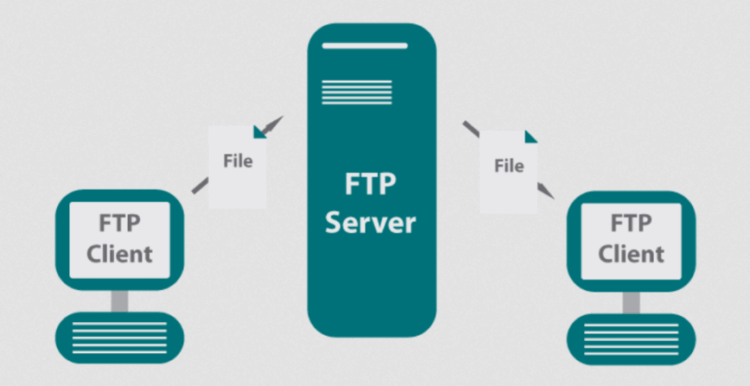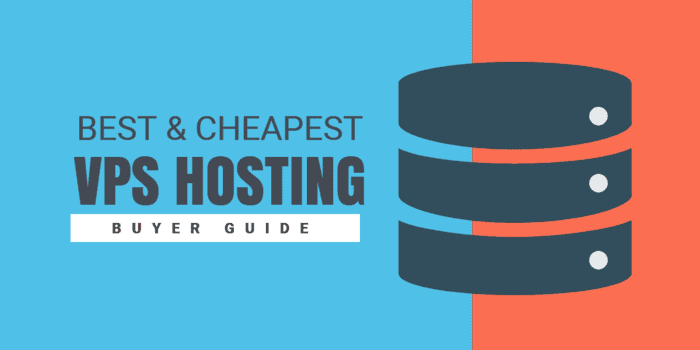Exploring the landscape of hosting providers in Europe in 2025 unveils a dynamic industry fueled by innovation and competition. From established giants to emerging players, the quest for speed and reliability drives the market forward.
As we delve deeper into the realm of web hosting, the intricate balance between technology and performance comes to the forefront, shaping the digital experiences of businesses and individuals alike.
. Kinsta, on the other hand, leverages Google Cloud Platform to deliver unparalleled speed and reliability. WP Engine's platform is optimized for WordPress sites, offering a seamless experience for users.
Overview of Hosting Providers in Europe 2025
The hosting industry in Europe in 2025 is a dynamic and competitive landscape, with a plethora of hosting providers catering to the diverse needs of businesses and individuals alike. These providers offer a wide range of hosting services, including shared hosting, VPS hosting, cloud hosting, and dedicated server hosting.Key Players in the European Hosting Market
- 1. Amazon Web Services (AWS): As a major player in the global hosting market, AWS continues to dominate the European hosting industry with its robust infrastructure and comprehensive range of services.
- 2. Microsoft Azure: Another giant in the hosting space, Microsoft Azure has a strong presence in Europe, offering cutting-edge cloud solutions to businesses of all sizes.
- 3. Google Cloud Platform: Google's cloud services have gained significant traction in Europe, attracting businesses looking for reliable and scalable hosting solutions.
Trends Shaping the Hosting Industry in Europe
- 1. Rise of Edge Computing: With the increasing demand for low latency and high performance, hosting providers in Europe are investing in edge computing infrastructure to bring data closer to end-users.
- 2. Green Hosting Initiatives: Sustainability is becoming a key focus for hosting providers, with many companies in Europe adopting eco-friendly practices and investing in renewable energy sources for their data centers.
- 3. Security and Compliance: Data privacy regulations such as GDPR have made security a top priority for hosting providers in Europe, leading to the implementation of stringent security measures and compliance standards.
Factors Influencing Speed in Web Hosting
When it comes to web hosting, speed is a crucial factor that can make or break a website's performance. Faster hosting speeds not only improve user experience but also impact search engine rankings and overall website success.Hardware Infrastructure
The hardware infrastructure of a hosting provider plays a vital role in determining the speed of hosting services. High-performance servers, solid-state drives (SSDs), and ample RAM can significantly enhance the speed at which data is processed and delivered to users.Network Connectivity
The network connectivity of a hosting provider is another key factor influencing hosting speeds. Providers with robust network infrastructure, multiple data centers, and high-bandwidth connections can ensure faster data transmission and reduced latency for website visitors.Optimized Software and Configurations
Optimized software and configurations, including web servers like Apache or Nginx, caching mechanisms, and content delivery networks (CDNs), can greatly improve hosting speeds. These tools help reduce server response times and optimize content delivery for enhanced performance.Technological Advancements
Technological advancements such as the adoption of faster processors, improved networking protocols, and innovative server architectures continue to impact hosting speeds. As hardware and software technologies evolve, hosting providers can leverage these advancements to deliver faster and more reliable hosting services to their clients.Comparison of Top Hosting Providers for Speed
In the competitive landscape of web hosting, speed is a crucial factor that can make or break a user's experience. Let's dive into the comparison of the top hosting providers in Europe in terms of speed performance, infrastructure, reliability, and uptime.Speed Performance Analysis
When it comes to speed performance, providers like SiteGround, Kinsta, and WP Engine stand out. These companies invest heavily in cutting-edge technology such as SSD storage, CDN integration, and server-side caching to ensure blazing fast loading times for websites.Infrastructure for Fast Hosting
SiteGround boasts a robust infrastructure with data centers strategically located around the globe to minimize latencyReliability and Uptime Evaluation
In terms of reliability and uptime, SiteGround has a stellar track record with a 99.99% uptime guarantee. Kinsta follows closely behind with a 99.9% uptime guarantee and proactive monitoring to prevent downtime. WP Engine also ensures high availability with a 99.95% uptime guarantee and 24/7 support to address any issues promptly.Emerging Technologies in Hosting for 2025
In 2025, the hosting industry is set to be transformed by cutting-edge technologies that promise to revolutionize the way websites are hosted and accessed. From AI and machine learning to the rollout of 5G technology, the future of hosting looks incredibly promising.AI and Machine Learning in Hosting
AI and machine learning algorithms are being increasingly integrated into hosting services to optimize performance and enhance speed. These technologies can analyze data patterns, predict traffic spikes, and automatically adjust resources to ensure optimal website performance in real-time.Impact of 5G Technology on Hosting Speeds
The deployment of 5G technology is expected to significantly boost hosting speeds by providing faster and more reliable internet connections. With lower latency and higher bandwidth capabilities, 5G will enable websites to load quicker and deliver content seamlessly to users, ultimately enhancing the overall user experience.Sustainability Practices Among Fast Hosting Providers
Fast hosting providers in Europe are increasingly focusing on sustainability practices to not only reduce their environmental impact but also to enhance the speed and efficiency of their services. By adopting green hosting initiatives, these providers are able to offer faster and more reliable services while also contributing to a greener future.Green Data Centers
- Hosting providers are investing in green data centers powered by renewable energy sources such as solar or wind. This reduces carbon emissions and energy consumption, leading to a more sustainable operation.
- Green data centers are designed to be more energy-efficient, utilizing advanced cooling systems and energy management technologies to optimize performance and reduce environmental impact.
Carbon Offsetting Programs
- Many fast hosting providers participate in carbon offsetting programs to neutralize the carbon footprint of their data centers. This involves investing in projects that reduce greenhouse gas emissions, such as reforestation or renewable energy initiatives.
- By offsetting their carbon emissions, hosting providers can mitigate their environmental impact and contribute to global sustainability efforts.
Efficient Hardware and Infrastructure
- Hosting providers are upgrading their hardware and infrastructure to be more energy-efficient and environmentally friendly. This includes using energy-efficient servers, storage devices, and networking equipment to reduce power consumption and improve overall performance.
- Efficient hardware and infrastructure not only enhance speed and reliability but also lower operating costs and environmental impact.










